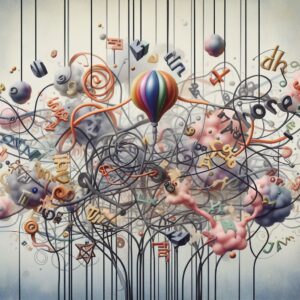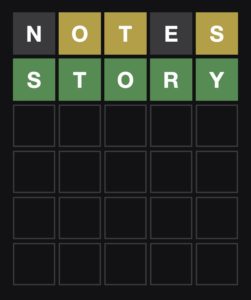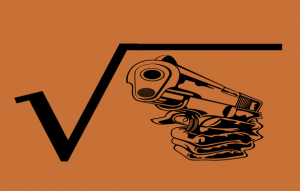I recently got involved in an “audiophile” online discussion thread replete with devious trolling, commenter bans, incivility—the works. I do this from time to time because raucous argumentation forces one to think in tactical and strategic ways that are not the norm in everyday life. I also learn new things. In this case, I went on several quests, hunting down papers on the ability of Chinese language speakers to disambiguate tones in Gaussian noise, how distortion artifacts impact our perception of spatialization in binaural audio presentations, and even Rayleigh wave detection by sand scorpions (I actually worked on a simulator for that as a late undergrad). One of the key disagreements in the thread was over the notion of “science.” There were several perspectives on this, with the first one being that science requires experimentation and therefore using scientifically-derived tools for investigating the performance of audio equipment does not amount to science. This is obviously a shrugger and a distraction. The other primary perspective is always that science is in constant revision and there may be new insights that prove this-or-that subtle hearing capability since human hearing is just sooooo amazing. We are sooooo amazing.
There’s a bit of a Two Cultures-like tension in this universe of audio equipment aficionados: while engineering and science brings them audio gear, they want it to be poetic and ineffable and the work of mastery based in genius rather than Fast Fourier Transforms. Graphs are boring. Listening is beautiful.
Part of the reason for the disagreement is clearly that we just don’t have shared meanings about concepts like science. We circle around them and try to triangulate using metaphors, analogies, and explore the logical consequences of limits and extensions to their meaning.… Read the rest










